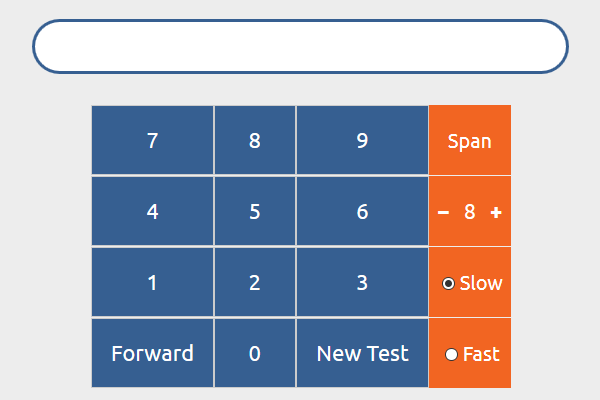FrameMogger
Normie face, chad frame.
- Joined
- Apr 2, 2022
- Posts
- 1,421
- Reputation
- 1,961
- OP
- #51
It’s too bad you graduated college. I remember you used to talk about how you were invited to parties every week. Even at my peak in HS when I was a good athlete had decent gf and had solid popular friends, I would go to party maybe once a month at most.I am a lonely incel
At college I was rarely invited to exclusive parties.














